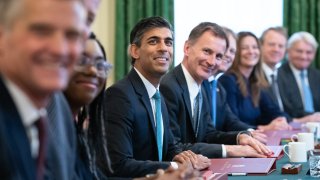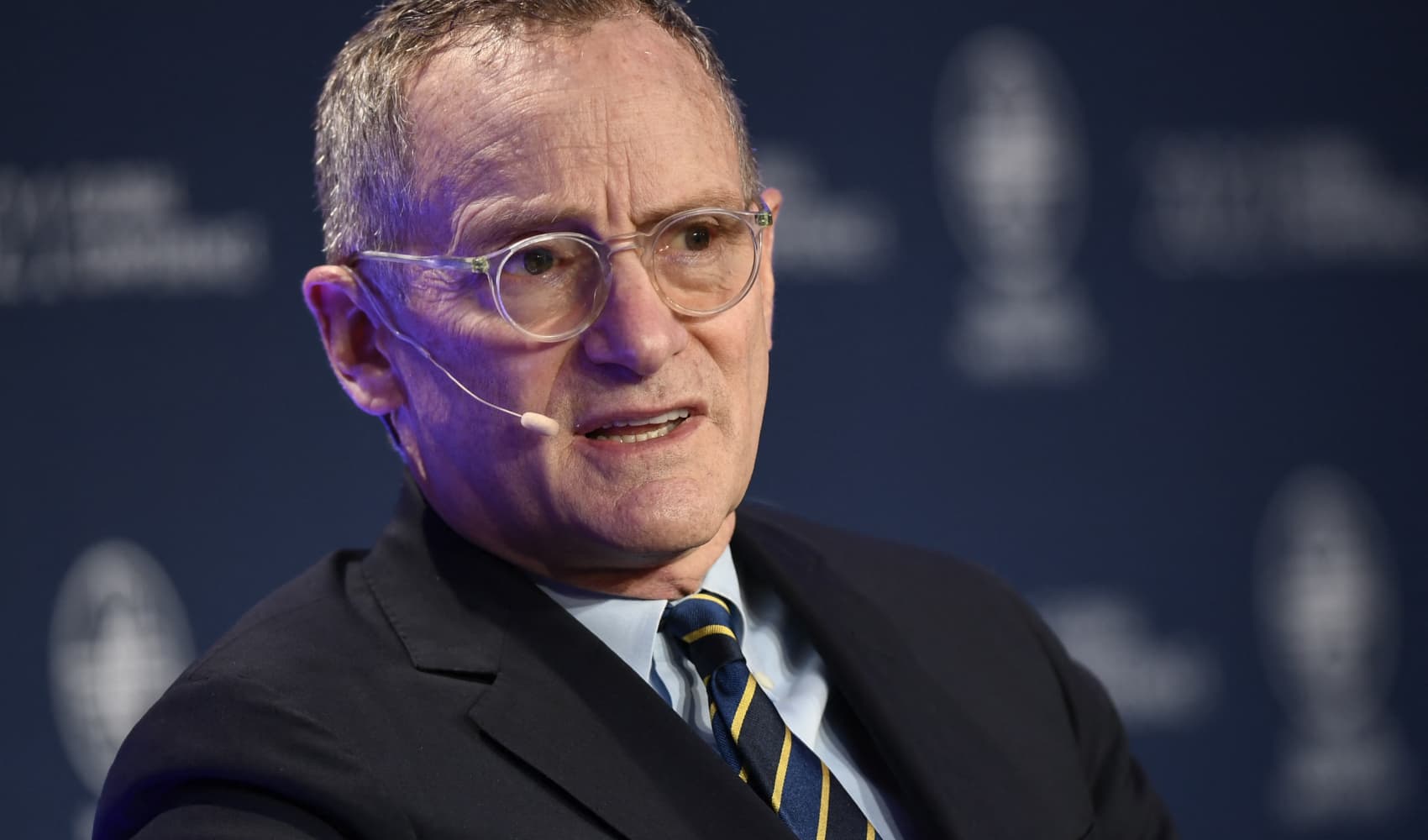
- The U.K.'s Rishi Sunak faces the challenging task of uniting his deeply divided Conservative Party if he is to succeed in his new role as prime minister.
- The party has grown increasingly fractured since the 2016 Brexit vote, but it stared into the precipice of oblivion in recent weeks after Liz Truss' mini-budget led to a plummet in opinion polls.
- Sunak's appointment of a "unity cabinet" give the first glimpse of his attempts to revive the party.
LONDON — Britain has a new prime minister, Rishi Sunak, who, in his inaugural speech outside Downing Street, vowed to "unite" the country as it faces myriad challenges.
In doing so, he also pledged to unify the deep divisions within his own ruling Conservative Party — a group on whose support he desperately depends if he's to succeed in his new role.
Sunak told Tories they must "unite or die" Monday, shortly after becoming the party's third leader in two months, following a series of psychodramas that led to the demise of Boris Johnson's and Liz Truss' political careers.
Feeling out of the loop? We'll catch you up on the Chicago news you need to know. Sign up for the weekly Chicago Catch-Up newsletter here.
The Conservative Party — which has been in power in the U.K. since 2010 — has grown increasingly fractured since the 2016 Brexit vote, which splintered the party across ideologically opposed factions.
But it has stared into the precipice of oblivion over recent weeks, with Truss' widely-condemned September mini-budget causing the Tories to plummet in opinion polls and sparking chaotic infighting. The party now realizes the consequences of being divided are huge — and potentially fatal.
Sunak appoints a 'unity cabinet'
Money Report
Sunak's cabinet appointments Tuesday gave the first indication of his attempts to unite the party at the highest ranks.
Unlike Truss — whose cabinet of close allies was widely criticized for failing to challenge her decision making — Sunak's self-proclaimed "unity cabinet" includes figures from across warring factions, as well as loyalists.
As expected, Sunak retained Jeremy Hunt as finance minister, following his success earlier this month in remedying the market turmoil enacted by Truss' unfunded tax cuts. The pair are thought to share a similar economic ideology, with Hunt's shredding of Truss' fiscal plan seen to further vindicate Sunak.
Also kept in post were Foreign Minister James Cleverly, who was appointed by Truss in September, and Defense Minister Ben Wallace, who has held the role since 2019.
However, Sunak reinstated Johnson-era Deputy Prime Minister and Justice Secretary Dominic Raab, and Levelling Up Minister Michael Gove to their old roles.
Still, splinters already began to surface ahead of Sunak's reshuffle, with then-Business Minister Jacob Rees-Mogg resigning, citing his close ties with Johnson and Truss.
Moving the party forward
Sunak, who is Britain's fifth prime minister in six years, will now have to prove that he has the leadership skills to govern such a disparate set of personalities.
More than that, he will have to win their backing for his policies, with the party greatly divided on issues including immigration, taxation and energy.
According to a BBC tally, Sunak had the support of 193 Conservative members of parliament in his bid take over as party leader — well above the minimum 100 vote threshold required to join the race.
But he is still a divisive figure within the party, with many Johnson loyalists considering him culpable for the former prime minister's ousting.
In his speech Tuesday, Sunak said he had been elected as leader of the party to fix the "mistakes" of his predecessor. But while the Conservatives may be keen to present a united front in the face of dwindling public support, Sunak has some way to go to prove he's the one to do it.






